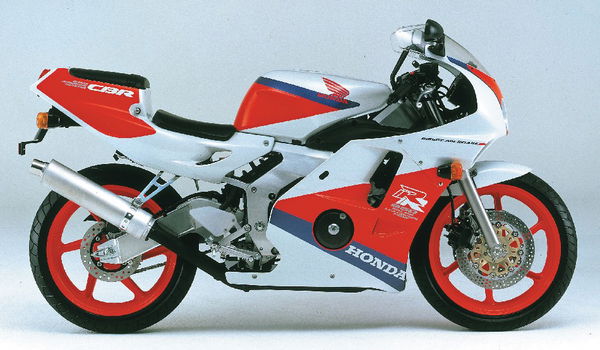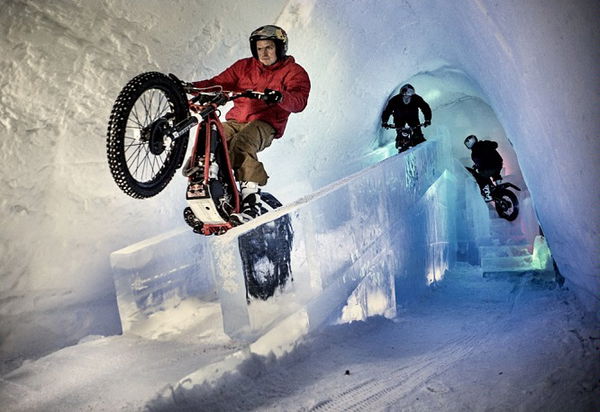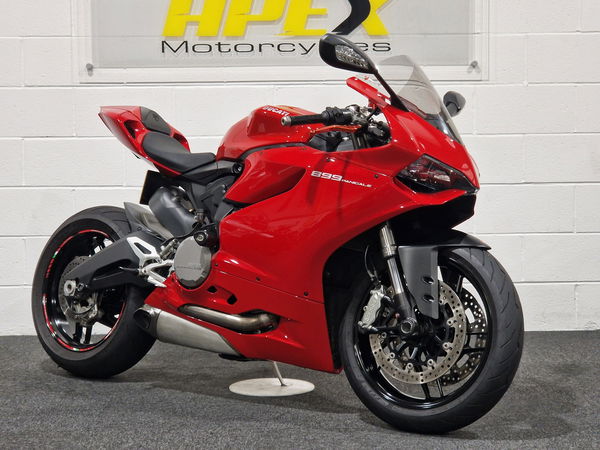Honda’s small sports bike expansion
Could this be the revival of mental, high-tech 250cc bikes?


IT’S all too easy to question the recent spate of 250cc sports bikes when looking at new models from a purely European perspective but Honda’s latest expansion plan puts the worldwide size of that market into sharp perspective.
The firm has announced that it’s going to make an extra 500,000 bikes per year at its Karawang plant in Indonesia thanks to the addition of an extra production line. That line will be purely dedicated to sports bikes, and because it’s in Indonesia, the chances are they’ll be 250s.
Why? Because Indonesia – which is one of the biggest bike markets in the world – charges a 60% tax on bikes over 250cc (rising to 75% over 500cc), as well as a 60% import duty. So a £5,000, 600cc commuter bike imported from abroad would cost the equivalent of £14,000. So you can probably understand why virtually every bike sold in Indonesia (and there are around 8 million of them every year) is under 250cc and built locally.
To add to that perspective, the new half-million-bike-per-year production line at Karawang is added to the plant’s existing 1.1 million unit capacity. And it’s Honda’s fourth Indonesian factory; in total, the firm currently makes 5.3 million bikes per annum in Indonesia alone via its ‘Astra Honda Motor’ joint venture in the country.
Why should we care? Because 25 years ago, all of the Japanese ‘big four’ manufacturers were engaged in a fierce battle for supremacy in the 250cc market, all building beautiful, crazy, 250cc four-cylinder machines that revved to close to 20,000rpm. And that was simply for the Japanese market, which is tiny in comparison to the Indonesian one, because local licence laws encouraged 250cc bikes (and 400cc bikes, which explains the creation of wonders like the NC30, which cost more when new than a contemporary CBR600F.)
Now, Indonesia’s growing prosperity means there are riders who want performance and technology, and can afford to pay for it, but they understandably baulk at the mad taxes on larger, imported bikes. The time is ripe for a new generation of mental, high-tech 250s. Kawasaki is already rumoured to be working on a 250cc four-cylinder sportsbike, to add to its existing single-cylinder and twin-cylinder offerings (the Ninja 300 is still around as a 250 in certain markets, and has been joined by the Ninja 250SL single.) Surely, with such a huge investment in the Indonesian market, Honda must have ideas of following suit.
Whether Europeans could be tempted by expensive, high-performance 250s is questionable, and whether manufacturers will bother to homologate them and import them to such a comparatively small market adds even more doubt.











